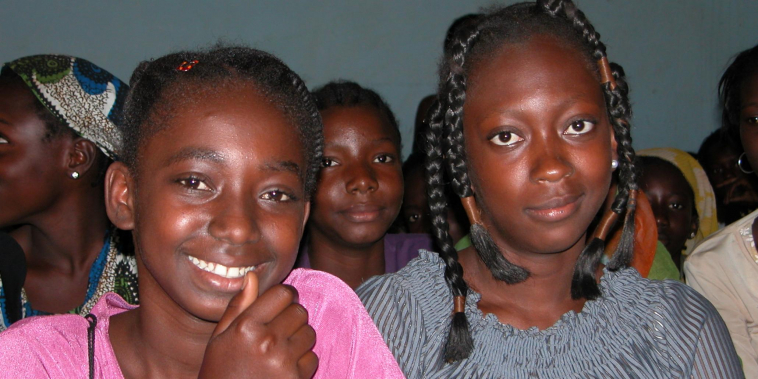Family planning is a human right
The ability for women to choose how many children they want, and when they want to have them - if at all - is a human right.
It is also central to women’s empowerment, reducing poverty and achieving sustainable development.

An important dimension for improving the reproductive health and choice of women and girls is the fact that women should be empowered to understand and exercise their rights, voluntarily choosing their family planning methods, free of any coercion or violence. Helping women achieve agency and autonomy is essential to ensuring this. This can help them ensure other women do so when taking part in future family planning initiatives.
Fifty years ago, at the 1968 International Conference on Human Rights, family planning became a human rights obligation of every country, government and policymaker. In 2015, all 192 members of the United Nations committed to Sustainable Development Goal 3.7: “ensure universal access to sexual and reproductive health-care services, including for family planning, information and education, and the integration of reproductive health into national strategies and programmes” by 2030.
Despite these global commitments, the right for women to choose is under attack.
In many regions, women and girls still struggle to access the right information and services to plan their families effectively. The World Health Organization (WHO) has found that 214 million women of reproductive age in low-resource countries who want to avoid pregnancy are not using a modern contraceptive method.
Furthermore, in its Trends in Contraceptive Use Worldwide 2015 report, the United Nations Department of Economic and Social Affairs found that in Africa, 24.2 per cent of women of reproductive age have an unmet need for modern contraception. Meanwhile, in Asia and Latin America and the Caribbean - regions with relatively high contraceptive prevalence - the levels of unmet need are 10.2 per cent and 10.7 per cent, respectively.
Earlier this year UNFPA and the World Health Organization (WHO) recognised nine standards to uphold the human right to family planning.
- Non-discrimination
- Availability
- Accessibility
- Good quality
- Informed decision-making
- Privacy and confidentiality
- Participation
- Accountability
These are standards that must be met in every nation and every community, for every individual.
FIGO President, Professor CN Purundare comments:
“Contraception Saves Lives: reduction in maternal mortality can be achieved through family planning; enabling the spacing and prevention of unwanted pregnancies. It is a human right.”
According to FP2020, securing the rights of a further 120 million women and girls to access family planning services by 2020 will see fewer unintended pregnancies, fewer women and girls dying in pregnancy and childbirth - including from unsafe abortions - and fewer infant deaths.
FIGO joins the global call for governments to fulfil their commitments to ensure universal access to sexual and reproductive health care and reproductive rights, including family planning services and information.